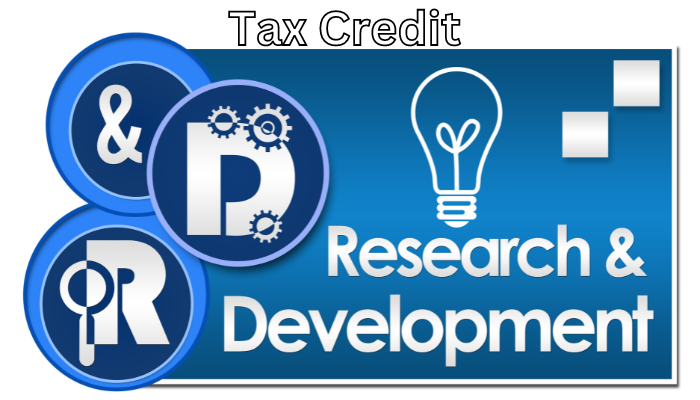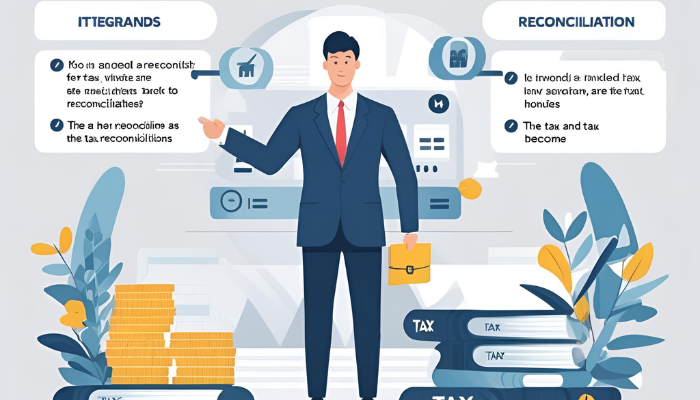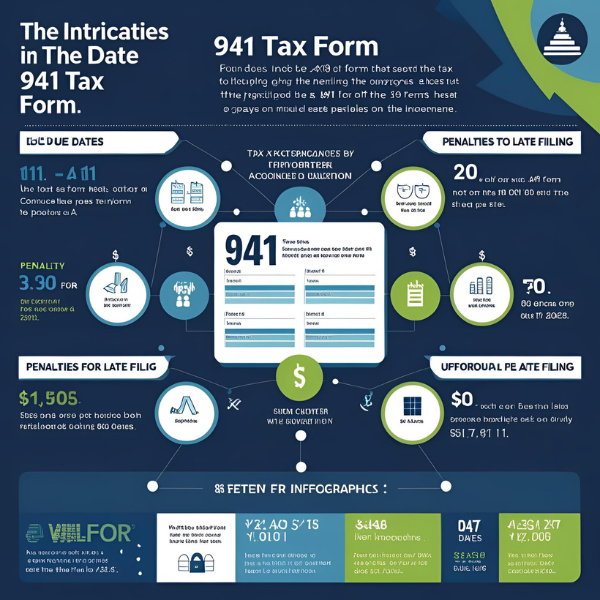
What is R&D Tax Credit?
Have you ever considered including a research and development (R&D) tax credit in your company’s finances? Do you know what is R&D tax credit?
Our best tax consultant Houston emphasizes that innovation is the key to success. R&D tax credits are incentives governments offer to encourage businesses to participate in R&D operations. These credits help to cover some of the expenses involved with innovation, making it more financially viable for enterprises to pursue ambitious R&D initiatives.
The logic for R&D tax credits is straightforward. By lowering the financial burden of R&D spending, governments want to foster innovation across several industries. Doing so benefits individual enterprises and boosts general economic development and competitiveness.
Qualifying Activities
To qualify for R&D tax credits, businesses must typically participate in activities that match specific requirements established by the appropriate tax authorities. While the particular requirements may differ depending on the jurisdiction, general qualifying acts frequently include:
Scientific Research
Conducting scientific experiments or investigations to discover new information or generate new technology.
Technological Development
Creating new items, methods, or software with technical uncertainty necessitates systematic testing.
Problem-Solving
Technological challenges or uncertainties encountered during development can be effectively dealt with through methodical testing and analysis.
How to Claim R&D Tax Credit?
Claiming R&D tax credits requires evidence of acceptable R&D activities and expenditures, including R&D staff wages, materials/equipment used for research projects, and third-party vendor expenses associated with outsourcing operations to third parties. Companies should maintain meticulous records to demonstrate compliance with tax requirements when filing claims.
Claiming R&D tax breaks requires proof of adequate research and development. It includes:
- Staff compensation
- Materials/equipment utilized for research activities
- Vendor expenses costs related to outsourcing projects to third-parties
When filing claims, businesses should keep meticulous records to demonstrate compliance with tax requirements.
Advantages of R&D Tax Credits
For firms, R&D tax credits provide numerous significant benefits:
Financial Assistance
Research and development tax reductions give organizations fundamental subsidizing that might balance a portion of the significant costs of advancement. It makes research and development tasks more open and reasonable for them.
Competitive Advantage
Research and development tax reductions empower organizations to remain in front of the opposition by supporting imaginative exploration. By driving competition-beating innovation forward, R&D credits give their recipients an edge within their industries and help ensure continued competitive advantage in business operations.
Encouraging Growth
Access to R&D tax credits enables businesses to undertake ambitious R&D initiatives that lead to technical advances and boost economic expansion.
The Bottom Line
Innovation lies at the core of development, fueling economic expansion and social progress. Our tax advisor services can assist you with comprehending what is R&D tax credit. It is an effective method for encouraging innovation – giving firms access to financial resources they need to push boundaries further than previously possible. Companies use R&D tax credit incentives to discover unexplored horizons, accelerate technical improvements, and ensure brighter futures personally and globally.


